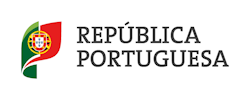Compulsory submissions until the November, 15th.

Instituto Jurídico Portucalense
Instituto Jurídico Portucalense
International Workshop for Early Career Researchers
Bridging Disparities: Critical Innovations in Legal and Political Sciences
December 3rd, 2024 | Virtual Event
New Opportunity: Abstract Submission Deadline Extended
- Accepted authors will be notified of the decision by November 25th.
- We highly recommend completing your submission early to avoid technical delays due to server overload close to the deadline.
- Full Paper Submission Deadline: January 26, 2025.
Scope and objective
The Portucalense Legal Institute is pleased to announce a call for papers for a workshop dedicated to early career researchers and PhD candidates to present their innovative research, engage with peers and established academics, and foster collaborative networks. This workshop aims to explore and challenge the traditional narratives in contemporary political and legal sciences from non-Western, decolonial perspectives. In alignment with the IJP mission, the proposal invites multidisciplinary research to implement a network of scholars that amplifies voices from the Global South as a geopolitical and metaphorical location and from multiple, diverse sites, fostering an inclusive dialogue that acknowledges and incorporates diverse perspectives in global governance.
Themes and Topics
We invite papers that address a wide range of topics related to political, legal sciences and international relations, with a focus on decolonial and non-western perspectives. Suggested themes include, but are not limited to, global discourses of politics, global south perspectives on international relations, security and development, conflict resolution and peacebuilding, environmental justice and sustainable development, decolonization and international law, human rights in non-western contexts, migration and refugees.
Call for Papers
Target Presenters
This Workshop is addressed mainly to Master, PhD students, as well as postdoctoral researchers
Please submit your abstracts (in English, maximum 200 words) of your proposed 15–20-minute presentations, together with a short biographical note by November 20th, 2024.
- Evaluation of submitted abstracts will take place until November 25th, 2024. Authors will be notified between November 15th and 25th, 2024.
- For accepted abstracts, full papers (20 pages maximum, 1.5 line spacing, Arial font, size 12) should be submitted by
November 30th, 2024January 26, 2025.
Special Issue in Revista Jurídica Portucalense
Following the workshop, we foresee an edited volume or a special issue of Revista Jurídica Portucalense (RJP), a Web of Science (WoS) and Scopus-indexed journal, in which selected papers may be considered for publication.
Participation Certificate
The Participation Certificate will be available upon request.
For more information, please use the following email: iw-bridging.disparities@upt.pt
Registration & Submission
Submit your abstracts and full papers via the online submission portal, BELOW . Ensure that your submission includes your name, affiliation, contact information, and a brief biography.
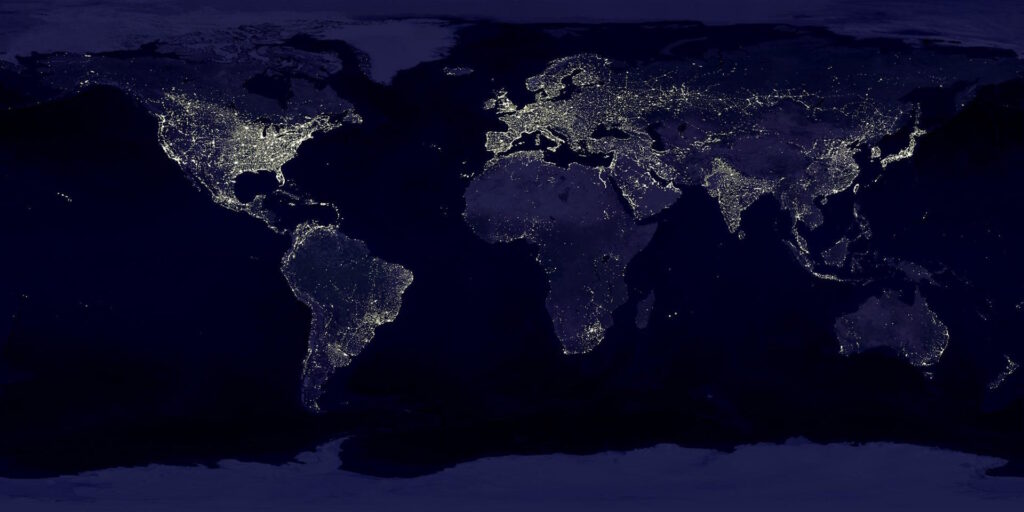
Scientific Committee
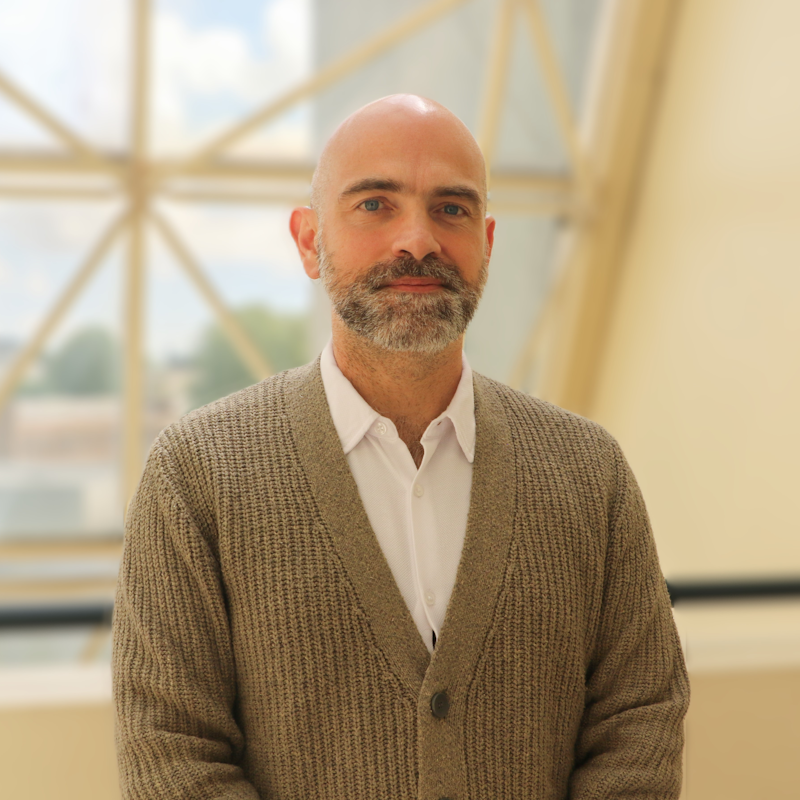
Pascoal Pereira
Portucalense University
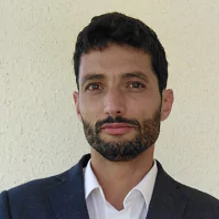
Rui Garrido
Portucalense University
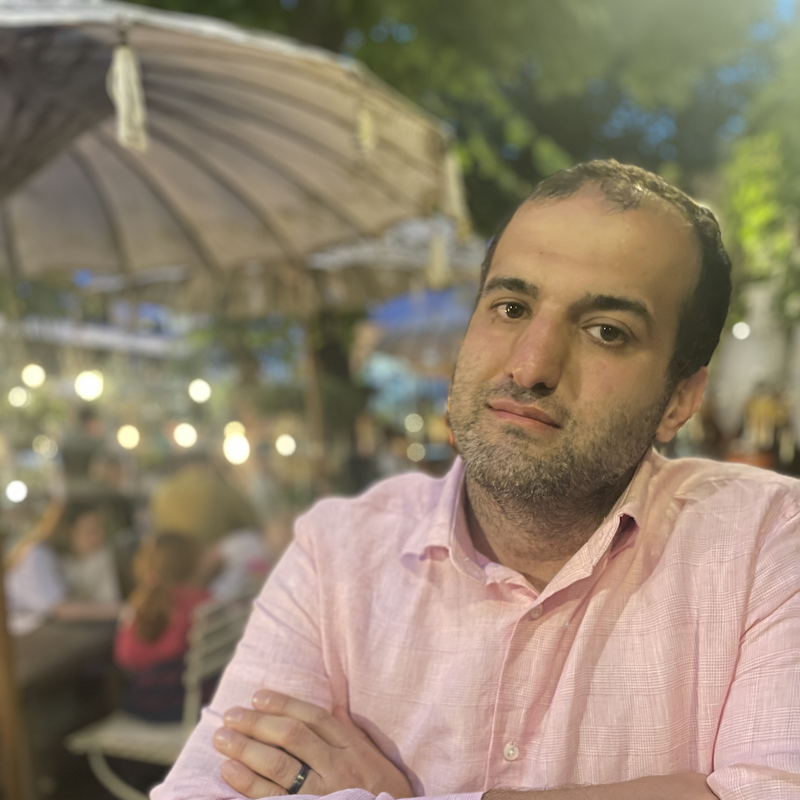
Fade Eadeh
Seattle University
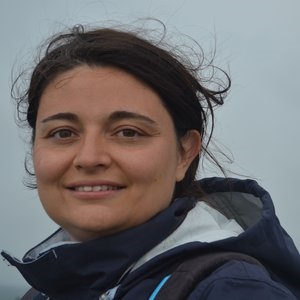
Alessandra Annoni
University of Ferrara Italy
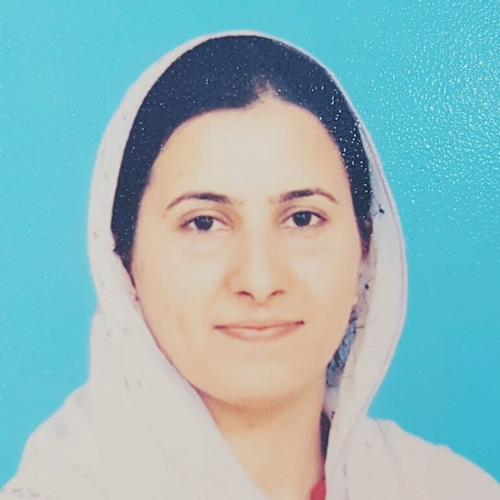
Maryam Qasim
Shaheed Benazir Bhutto University Pakistan.
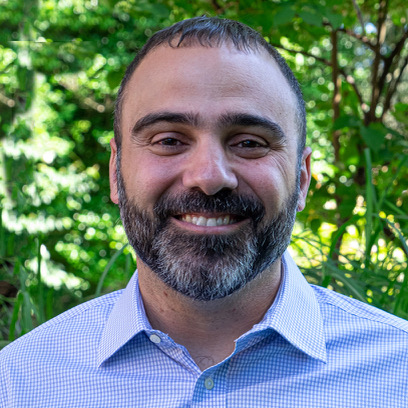
Samer Abboud
Villanova University
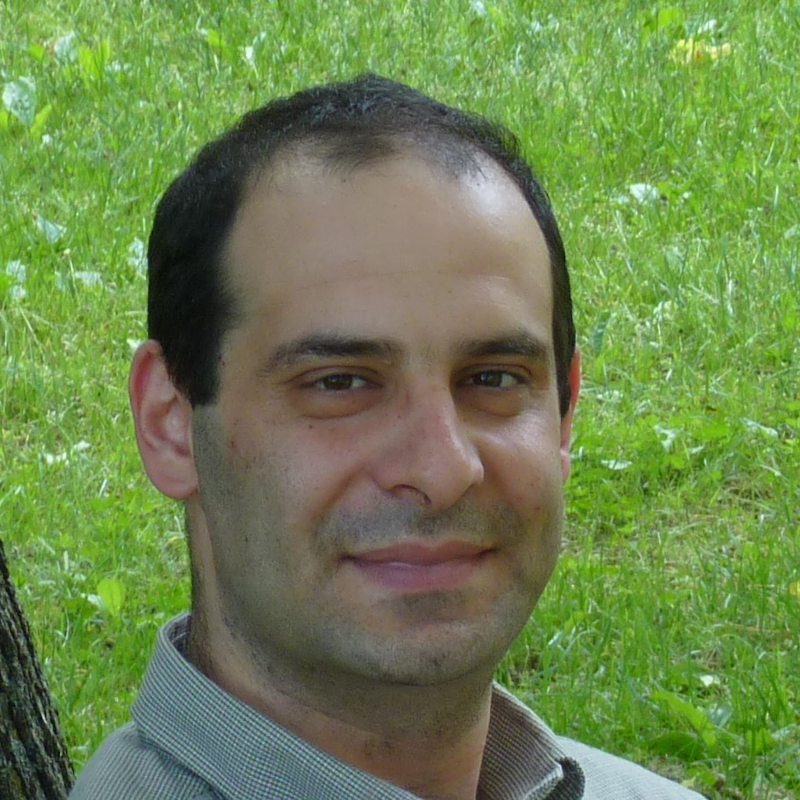
Omar Dahi
Hampshire College
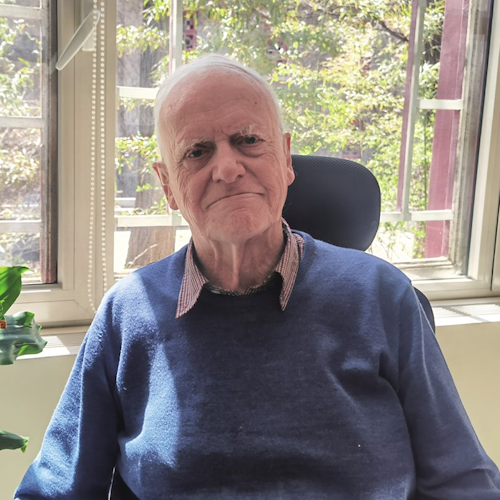
Anthony Carty
Visiting Professor at Peking University
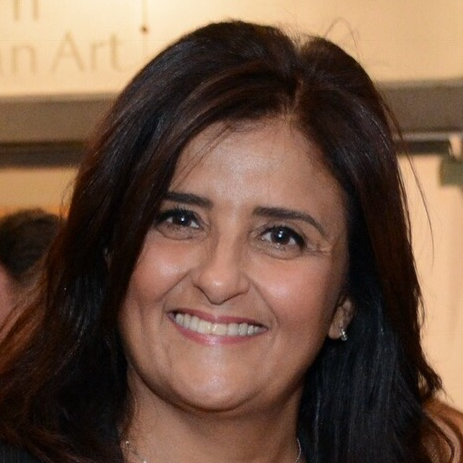
Maysa Ayoub
Associate Director of the Center for Migration and Refugee Studies at the American University in Cairo
Organizing Committee
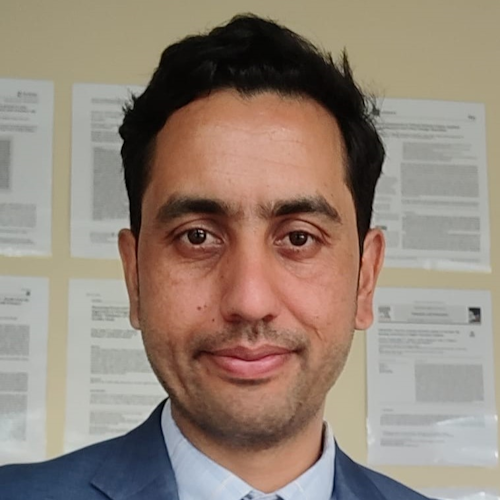
Muhammad Imran Khan
Portucalense University

Yasmine Hamdi Loza
Portucalense University
Organisation


Event Timing: 9:30 AM to 7 PM (Lisbon time)
Keynote speakers confirmed:

Fade Eadeh
When the Alarm is Coming from Inside The House: The Threat of neo-Nazi terrorism on Political Preferences and White Identity
Dr. Fade Eadeh is an assistant professor in psychology at Seattle University. His work focuses on the consequences of threat and emotion within social psychology and personality psychology, and how different psychological processes contribute to shifts in emotions and political preferences. He received a Ph.D. in Psychological and Brain Sciences from Washington University. He has published extensively in top social psychology journals, including the Journal of Personality and Social Psychology, Journal of Experimental Social Psychology, Social Psychological and Personality Science, and Advances in Experimental Social Psychology. Moreover, his work has been mentioned in popular press outlets, including The New York Times, The Wall Street Journal, Quartz Magazine, The Huffington Post, Glamour Magazine, and Yahoo.

Omar S. Dahi
Creating Infrastructures for Non-Western Knowledge Production
Dr. Omar S. Dahi is Professor of Economics at Hampshire College and Founding Director of Security in Context, a research network on peace, conflict, and international affairs. Dahi serves as an associate editor of the Review of Social Economy as well as the e-zine Jadaliyya and is a founding member of the Beirut School of Critical Security Studies within the Arab Council for the Social Sciences (ACSS). Dahi has served as a lead expert on the United Nations Economic and Social Commission of West Asia's National Agenda for the Future of Syria program.

Maysa Ayoub
Migration and Displacement in the Middle East and North Africa: Perspective from the region
Dr. Maysa Ayoub is Political Sociologist specialized in Migration and Refugee Studies. She has over fifteen years of research and teaching experiences in the field of International Migration. She is currently serving as the Associate Director of the Center for Migration and Refugee Studies at the American University in Cairo.
Ayoub has a PhD in Political Science from the Faculty of Economics and Political Science of Cairo University and an MA in Sociology as well as a post-graduate diploma in Migration studies from the American University in Cairo. Her PhD thesis analyzed the relationship between migration policies, public opinion, and media comparatively examining the policy response of European countries in the face of the Syrian refugee crisis of 2015. She researched and taught courses on Migration Policies, Public opinion and Migration, Migration and Integration, Social problems in the Middle East and the Arab World, and Qualitative Research methodologies. Her research interest also includes migration and international relations, Diaspora politics, and border regimes.

Samer Abboud
Crisis and Insecurity in Critical Security Studies
Dr. Samer Abboud is Associate Professor of Global Interdisciplinary Studies and Director of the Center for Arab and Islamic Studies at Villanova University. He is the author of Syria (Polity, 2018) and the forthcoming Managing Syria's Conflict. His research is broadly interested in warfare in Syria and the emergence of an illiberal post-conflict order in the country. He has recently published articles in journals such as Citizenship Studies, Peacebuilding, Middle East Policy, and The Journal of Intervention and Statebuilding that explore themes of illiberalism, post-conflict order, knowledge production, and Syrian reconstruction. His current research project is interested in the production of fear as a central mechanism of political rule prior to, and during, the period of the Syrian conflict. Samer sits on the Editorial Board of Security Dialogue

Anthony Carty
Does the global south challenge the western world’s political and economic order.
Dr. Anthony Carty is a legal scholar at the Beijing Institute of Technology. He received an LL.B. (Queen's University Belfast in 1968, an LL.M. (University College, London, 1969), and a PhD (Cambridge, 1973). Carty was Eversheds Professor, University of Derby, 1994-2003, Professor of Law, University of Westminster 2003-2005, and then Professor of Public Law, University of Aberdeen from January 2006- on.
He is also the holder of the Sir YK Pao Chair of Public Law, University of Hong Kong, from April 2009 to 2015. From 2010 on, he is the 'Editor in Chief of the Online Oxford Bibliography of International Law. Carty's research interests focus on international law, including the theory of international law, human rights, the theory of autonomous regions within states, such as Scotland, the Basque Country etc., law and development, law and literature and legal philosophy, especially the history of legal thought.

Maryam Qasim
The use of AI in detecting criminal activities.
Assistant professor in international law with the Department of Law, Shaheed Benazir Bhutto University. Professor Maryam teaches the following subjects: public international law, international human rights law, international humanitarian law, the use of artificial Intelligence in legal sciences, and constitutional law. Maryam has an extensive academic background both in teaching and research work. Her notable research work includes “E2E-VSDL: End-to-end video surveillance-based deep learning model to detect and prevent criminal activities” in Image and Vision Computing.

